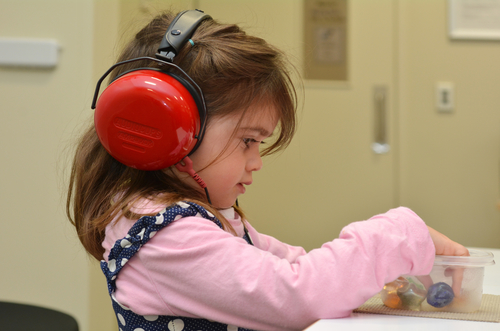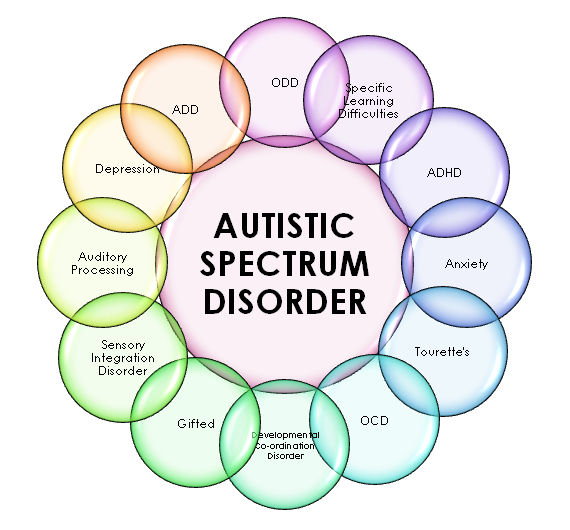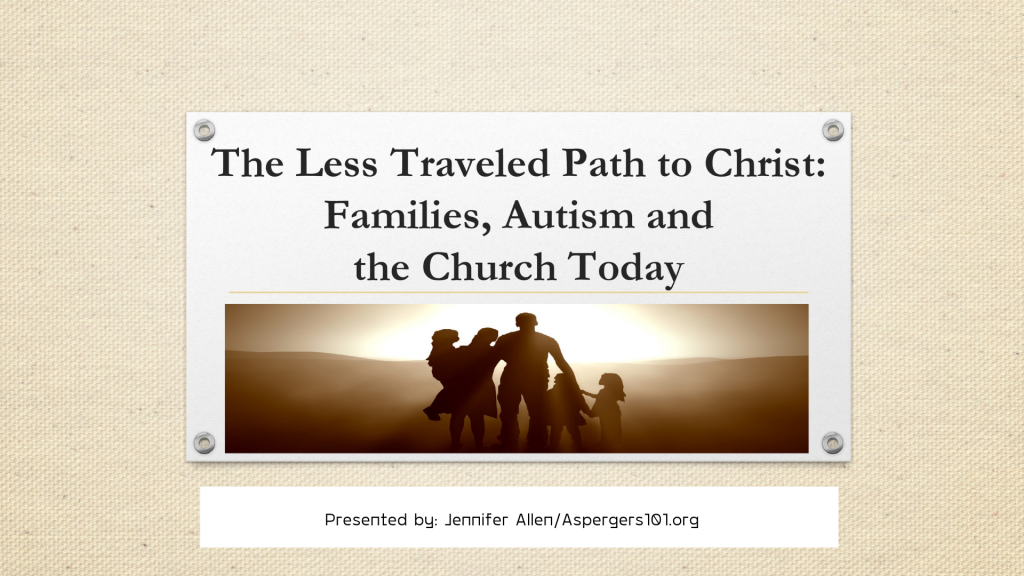24 Surprising Physical Symptoms of Anxiety
To learn some of the ways anxiety not only affects your mind — but your body — we asked people in our mental health community to describe what physical symptoms of anxiety they deal with, and what they feel like.
Here’s what they shared with us:
1. “When I get into high anxiety, sometimes out of nowhere, I get GI [gastrointestinal] symptoms. Constantly going to the bathroom. I have cramps and abdominal pain. It’s tough because there is nothing I can do but just try to wait it out.” — Michele P.
2. “Does anyone else find themselves antsy after a big panic attack where you can barely sit still and then for the next couple days, you’re completely mentally/physically exhausted? I feel like everything is just too much and I can’t move.” — Kristen G.
4. “In the aftermath of a panic attack, I often feel bone-chillingly cold. It doesn’t matter what time of year it is, and no jacket or blanket helps. I just have to ride it out until it goes away.” — Monica M.
Continue Reading
















